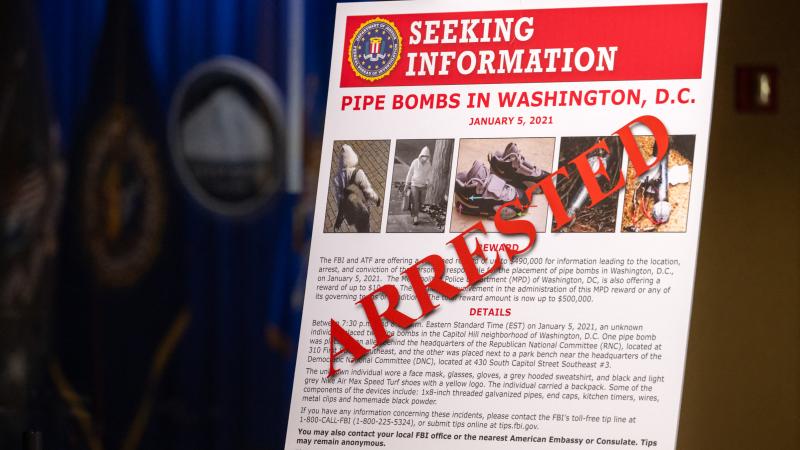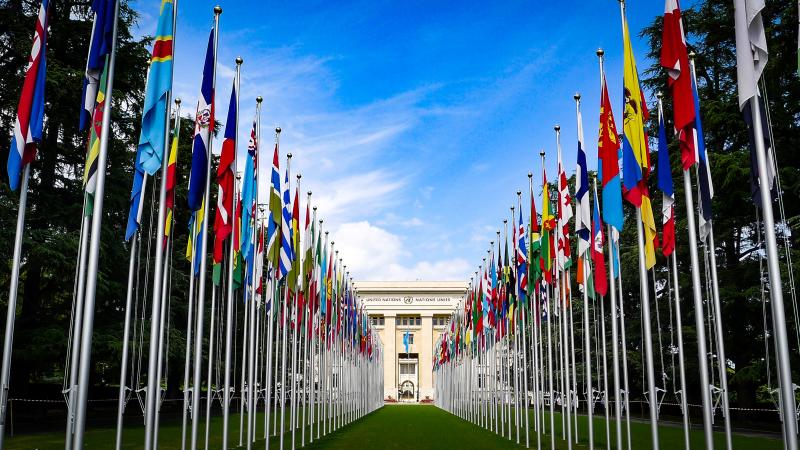Bill would ban bias response teams from Pennsylvania public colleges
If a proposed bill becomes law, a number of universities across the state will have to shutter their bias response teams.
College campuses in recent years have created “bias response teams” to respond to student concerns over bias or controversial speech, with hundreds of them established nationwide.
However, free speech advocates have challenged the legitimacy of the teams, fearing that they can chill or limit constitutionally protected speech.
If a proposed bill becomes law, a number of universities across the state will have to shutter their bias response teams.
Sponsored by Rep. Joseph D’Orsie, R-York, House Bill 179 would prohibit bias response teams and limit “unreasonably high security fees” for controversial speakers – and allow someone whose free speech rights are violated to bring legal action against a college.
“Free speech is a nonpartisan thing,” D’Orsie said. “My intention is that the First Amendment is protected and the pillar of free speech that has propelled our nation, that makes our nation unique, makes our state unique, that that is just protected.”
D’Orsie noted that complaints sent to bias response teams can be anonymous, which makes the reporting system liable to be abused.
“These reporting systems are anonymous, so a student can just anonymously report something that they deem is ‘bias,’ which has come to be a very ambiguous term,” D’Orsie said. “The way it should be in school, in college, in university, is we should debate or discuss divergent views and disagreements, not anonymously just tattletale … more so than not, they’re just disagreements.”
D’Orsie’s bill would apply to the Pennsylvania State System of Higher Education, community colleges, and state-related institutions, as well as rural regional colleges, the Thaddeus Stevens College of Technology, and the Pennsylvania College of Technology.
PASSHE could not be reached for comment by the time of publication.
If D’Orsie’s bill gets passed, some Pennsylvania colleges would have to reform themselves to stay within the law. A 2022 report by the pro-speech group Speech First listed 15 Pennsylvania PASSHE or state-related universities with bias response teams and warned that the teams “actively chill student speech through fear and intimidation.”
At Shippensburg University, for example, the purpose of its Community Response Team is to “review reports involving conduct or expressions that impact students, faculty, and employees, disrupt the university's mission of creating an inclusive community where everyone feels a sense of belonging, and to recommend an appropriate response to such conduct or expression of hate and intolerance and discrimination.”
The wide latitude given to university officials to review speech that some might find not inclusive runs the risk of violating legal protections for free speech.
Outside Pennsylvania, colleges have disbanded bias response teams after their use stifled classroom discussion or abandoned the creation of a team when opponents raised concerns. Speech First sued the University of Michigan over its bias response teams in 2018; Michigan settled and agreed to abolish the program.
Everything a bias response team does isn’t a threat to free speech. Possible violent threats or harassment, D’Orsie noted, violate state and federal law, and universities are justified in responding to them. Some colleges even note a commitment to free speech when explaining their bias response team process.
“PennWest Clarion is committed to the free, spirited and safe exchange of ideas. As an academic community, PennWest Clarion values the robust exchange of ideas and the expression of free speech, as protected by the First Amendment of the United States Constitution,” PennWest Clarion explained on its website. “While we encourage the exchange of ideas and free speech, we also acknowledge that we are not free from the consequences or harms of bias, hate or harmful speech. Bias acts can be disruptive. However, bias acts may not always be a violation of civil, criminal or University codes, and therefore may not result in discipline. Acts of bias may warrant discussion or education about how they affect other members of the University community.”
But critics of bias response teams warn that administrators can go too far in their efforts to root out bias.
“BRTs have undergone substantial ‘mission creep,’ with sweeping power evolving out of narrowly defined tasks,” Greg Lukianoff and Adam Goldstein of the Foundation for Individual Rights and Expression argued. “BRT members may not have a clear sense of where their role ends and First Amendment protections begin.”















